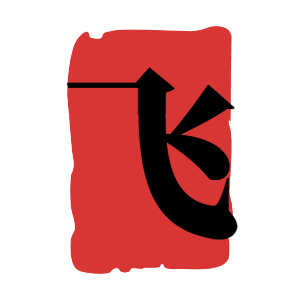宾语补足语七种类型大揭秘,轻松掌握语法新技能!
宾语补足语是英语语法中一个非常重要的部分,它用来补充说明宾语的状态、性质或动作。根据宾语补足语的不同类型,我们可以更轻松地掌握英语语法的新技能。下面,我将为大家揭秘宾语补足语的七种类型。
1. 形容词作宾语补足语:形容词作宾语补足语时,通常用来描述宾语的性质或状态。例如,We found the book interesting. 在这个句子中,interesting就是宾语补足语,用来描述宾语book的性质。
2. 副词作宾语补足语:副词作宾语补足语时,通常用来描述宾语的动作或状态。例如,He painted the wall beautifully. 在这个句子中,beautifully就是宾语补足语,用来描述宾语painted wall的动作。
3. 名词作宾语补足语:名词作宾语补足语时,通常用来描述宾语的类别或身份。例如,She made her brother a teacher. 在这个句子中,teacher就是宾语补足语,用来描述宾语her brother的身份。
4. 数词作宾语补足语:数词作宾语补足语时,通常用来描述宾语的数量。例如,They bought three apples. 在这个句子中,three就是宾语补足语,用来描述宾语apples的数量。
5. 代词作宾语补足语:代词作宾语补足语时,通常用来替代前面的宾语。例如,He bought it for his sister. 在这个句子中,it就是宾语补足语,用来替代前面的宾语。
6. 介词短语作宾语补足语:介词短语作宾语补足语时,通常用来描述宾语的位置、状态或关系。例如,They painted the wall with white paint. 在这个句子中,with white paint就是宾语补足语,用来描述宾语painted wall的状态。
7. 现在分词作宾语补足语:现在分词作宾语补足语时,通常用来描述宾语正在进行的动作。例如,We saw him playing football. 在这个句子中,playing football就是宾语补足语,用来描述宾语him正在进行的动作。
通过了解这七种宾语补足语类型,我们可以更轻松地掌握英语语法的新技能。希望这些信息对大家有所帮助!

